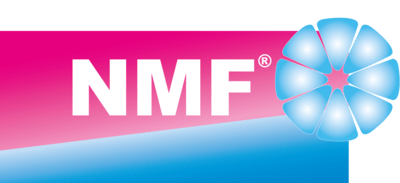NMF 2024-2025 Product Catalogue - Flipbook - Page 5

Environment & Responsibility
NMF operates as a responsible and environmentally conscious company. We reduce environmental
impact from production to product disposal. We have made long-term commitments through:
Member of Amfori BSCI – Code of Conduct
NMF takes co-responsibility for improving social conditions in the production chain.
Amfori is the leading global business association for open and sustainable trade.
Their Code of Conduct consists of 11 guidelines about NMF’s production conditions,
which must be complied with via an external audit every year.
The Nordic Swan Ecolabel environmental certi昀椀cate
The Nordic Swan Ecolabel is the highest environmental certi昀椀cate and a guarantee of
the highest product and cleaning quality.
The Nordic Swan Ecolabel is the consumer’s CSR assurance that products are the
most environmentally friendly and sustainable in their category. The products are life
cycle documented from cradle to grave as part of the Nordic Swan Ecolabel
requirements.
All NMF Nordic Swan Ecolabeled products can be recycled, which is why they are
part of the NMF Zero Waste Product Concept. The Nordic Swan Ecolabel is
therefore a complete 360 degree documented certi昀椀cation of the product.
%5*
The environmental certi昀椀cate OEKO-TEX std. 100
90% of the basic range is eco-labeled with STANDARD 100 by OEKO-TEX100-Trust
in textiles.
The ecolabel ensures that products do not contain substances that are harmful to the
environment and health, which is harmful to humans, animals and the aquatic
environment. More than 300 different ingredients are tested in the product.
OEKO-TEX Std. 100 is focused on the raw material production, including dyeing of
the fabrics, etc.
3
Introduction & Sustainability
Cer琀椀昀椀ed by Control Union
CU1181085
Global Recycled Standard (GRS)
The Global Recycled Standard (GRS) is an international product and supply chain
standard that sets requirements for recycled material, chain of custody, social and
environmental practices and chemical restrictions. It is an impartial third-party
certi昀椀cation. The primary goal of GRS is to increase the use of recycled materials in
products and reduce the harmful social, environmental and chemical impacts of
production.